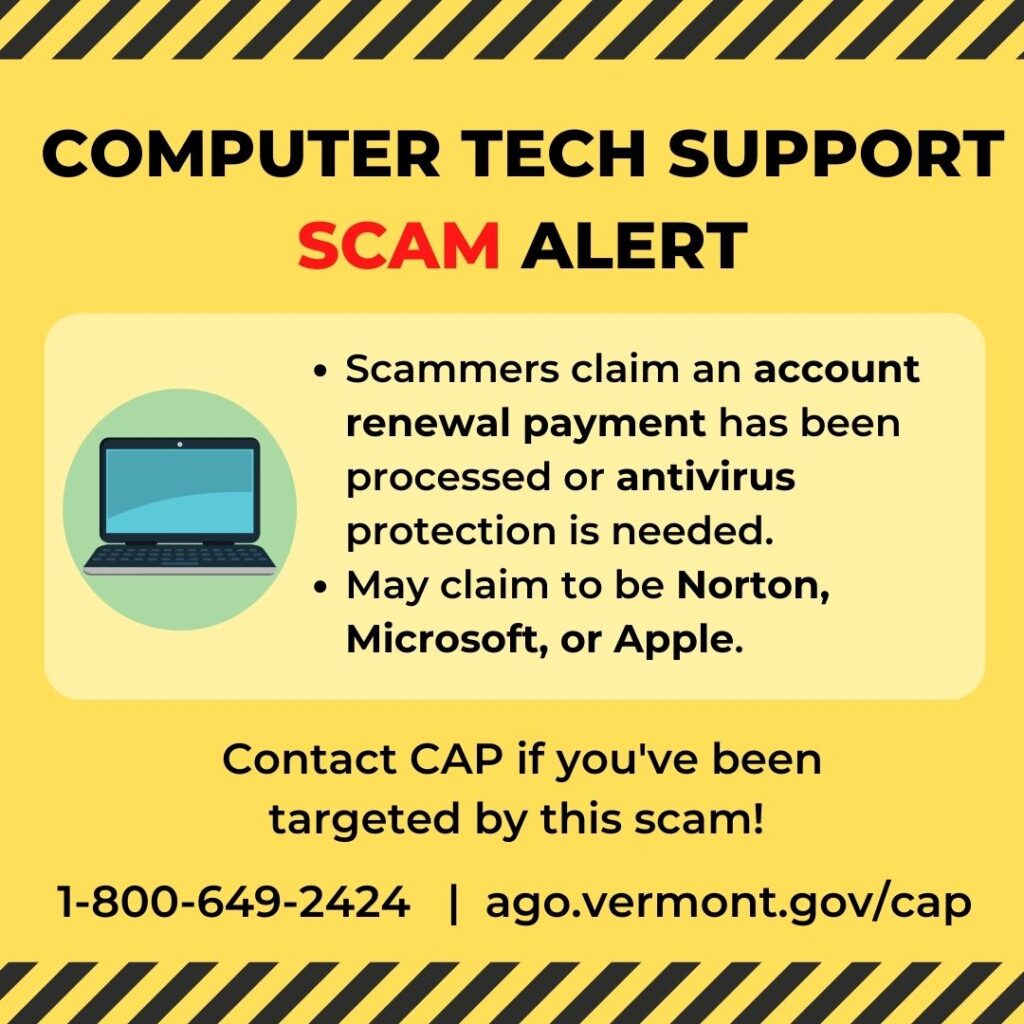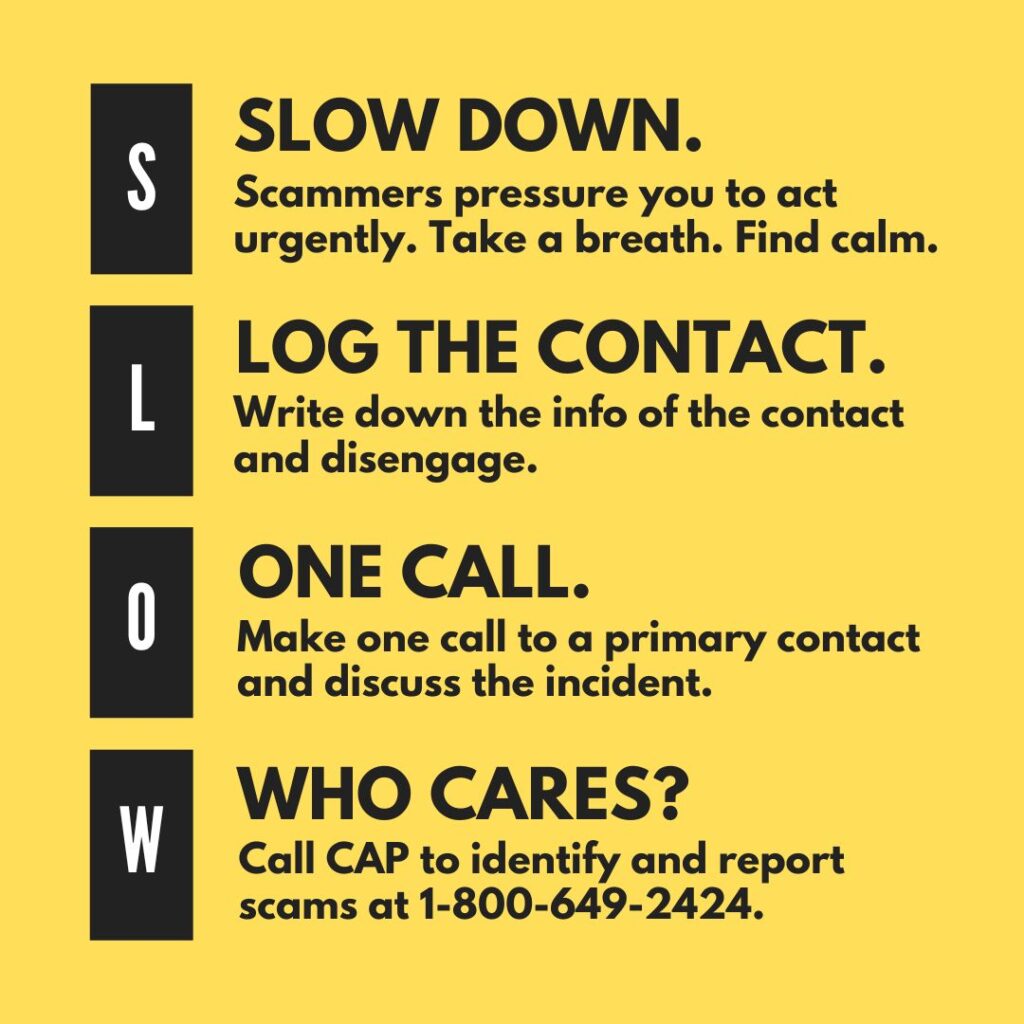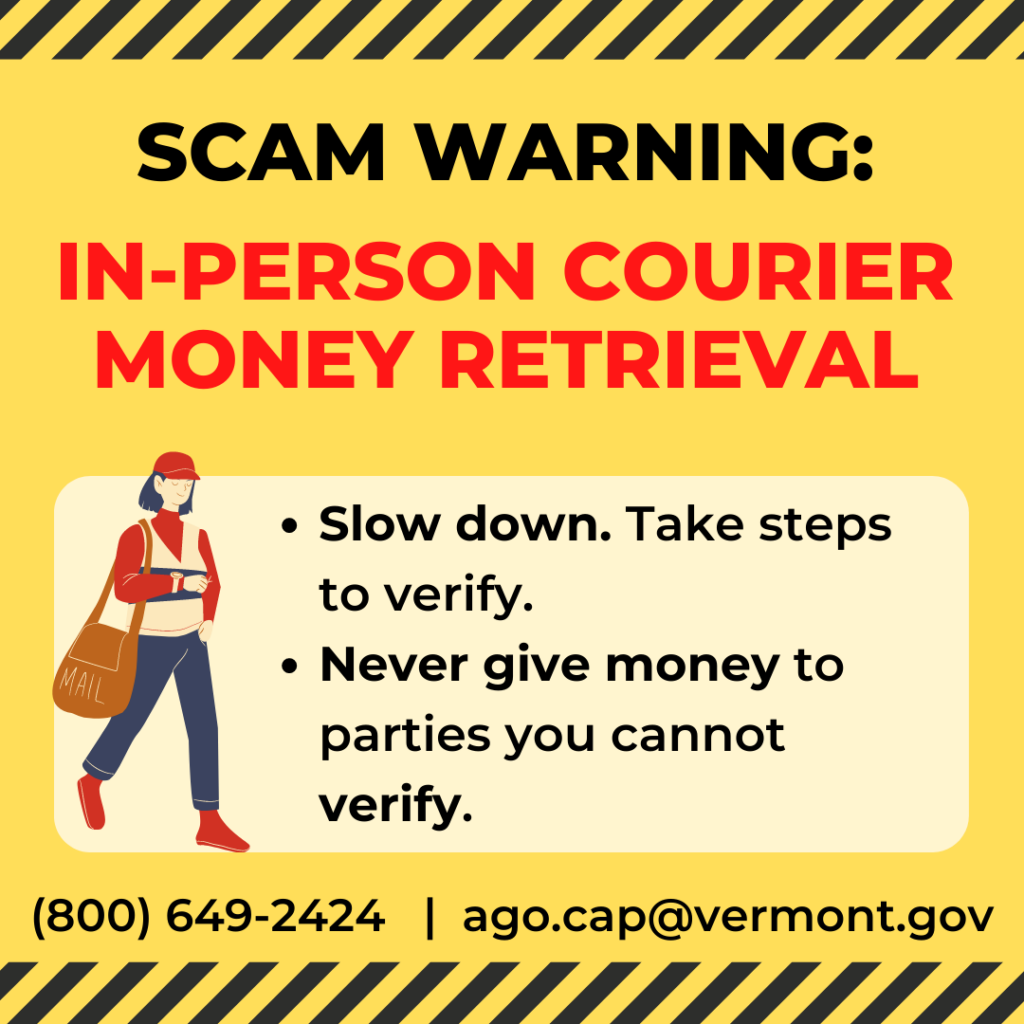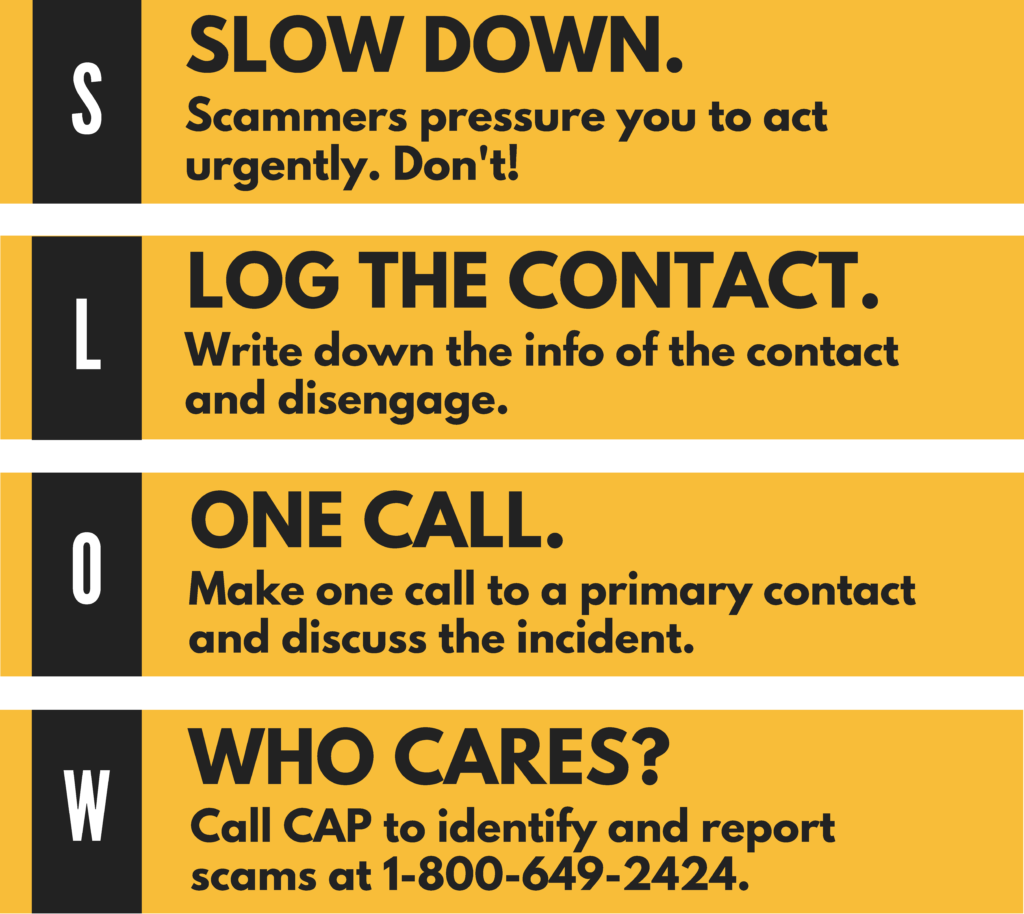By Crystal Baldwin
This weekend, I am going to a Shred Event hosted by a local bank. My several boxes of shred-necessary paperwork–you know the documents riddled with personal identifying numbers–already seem lighter.
Banks periodically host events where they gather one or more mobile shred trucks, equipped with an industrial shredder and invite the public to offload their shredding. Different from an at-home shredder, which slowly snips small amounts of paper at once with varying outputs, cutting long strips or crosswise. The shredder on a mobile shred truck can handle large quantities of paper. An entire box, for example, can be dumped into the receptacle at once, returning small bits of paper. In the world of paper shredding, industrial shredders are considered quick and supreme. The result of compounding shredders with the anonymity of event participants is a massive indiscernible pile of recyclable paper.

Why shred events?
Shred events help prevent fraud and financial identity theft by giving people an easy way to dispose of confidential paperwork. We all have it, and we need a safe and secure way to dispose of it. All an identity thief needs to wreak havoc on our financial future is our Social Security number, date of birth, address, and name. Shred events benefit you by helping you protect your personal information. They help banks by way of protecting the information of their clientele and eliminating potential bank fraud and related recovery costs.
Identity thieves are online, so why do we need to shred paper?
News of data breaches and the message to stay safe online and protect your electronic information remains true and important. And still, some of the more involved and impactful crimes of identity theft, such as the creation of new accounts and huge losses, are often committed by people close to us: a relative, supposed friend, or neighbor. Some of these folks may know exactly where you keep your boxes of personal files.
Still others may forage trash the eve of trash pickup. If you carelessly discard confidential documentation, you could be directly supplying a thief with your information.
Destroying documents that you no longer need is the best method to prevent potential theft and misuse of that document. Keeping such documents around your home, or neglectfully discarding them in original form makes you more susceptible to identity theft.
Can shred events destroy my devices that contain my personal information?
No. Shred events are all about shredding paper. Personal devices cannot be discarded or wiped clean of personal data there. Prior to discarding or recycling electronic devices, consumers must take crucial steps to clear personal data off a device through a factory reset or destroy the dive/circuit board altogether.
How can I find a shred event near me?
Banks as well as community organizations host shred events. When you find an event, such as through an online event listing on a third-party site, like Facebook, take steps to verify directly with the hosting entity.
To learn more about identity theft and protection steps, please review the Consumer Assistance Program’s website and blog.






